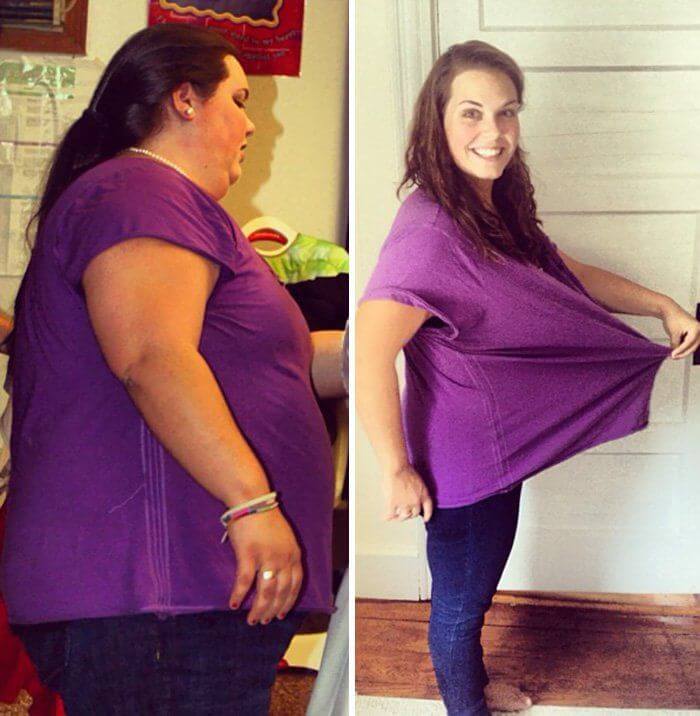
Rarely weigh themselves, do not watch TV: habits of people who have lost weight and kept the result
Losing a few pounds and getting into your favorite jeans can be a difficult task, but keeping the result is even more difficult.
Nutritionists regularly say that each person is individual and it is necessary to choose a diet, relying on the characteristics of the body, the desired result and lifestyle. Otherwise, losing weight with the help of a popular technique and without taking into account all important parameters can result in a lack of effect or even a set of extra pounds.
However, nutritionists are sure that if you rely on the experience of a large number of people and combine several approaches, you can achieve success. To do this, scientists from the Brown Medical School and the Center for Weight and Diabetes Research at Miriam Hospital have compiled a "National Weight Control Registry", which consists of more than 10 thousand people. What unites these people is that they were able to lose about 30 kilograms and kept the weight for at least five years. Their habits will be discussed in this article.
Three main meals and two snacks
It may seem strange, but people who eat only a few times a day tend to be overweight due to the fact that they take frequent breaks for unhealthy treats. Breakfast, lunch and dinner, between which light snacks are included — the key to a harmonious diet without overeating. This scheme allows you to reduce cravings for food and lose weight.
During meals, you should give preference to low-calorie and nutrient-rich foods: vegetables, fruits, Greek yogurt, cheese, chicken.
Almost never watch TV
A report by the International Cancer Research Foundation says that an increase in time spent in front of a TV screen or gadget leads to a decrease in activity and rapid weight gain and obesity.
Members of the registry stated that they spend less than ten hours a week in front of screens, and devote the free time to training or any at least minimal activity.
Reduce the number of calories
98% of the registry participants reported that they changed some of their eating habits at the beginning of the journey. For some it was a glass of water before a meal, for others it was a reduction in the consumption of sweets. However, most of them reduced the amount of calories consumed.
Female participants consumed about 1,360 calories a day instead of 2,000, and men — 1,685 instead of 2,600 on average.
Must have breakfast
Most nutritionists have long been talking about the importance of morning meals, as the resulting energy boost will help you feel better and will not let you get hungry for the next hours. This habit was characteristic of 78% of the participants.
"If you have a big breakfast, you will reduce your calorie intake for the rest of the day and will be less prone to constant snacks," says nutritionist Kim Rose.
Weigh yourself once a week
Studies on the relationship between the frequency of weighing and weight loss are contradictory: some may see motivation in this process, while others may be upset by the lack of progress and force them to abandon the diet.
However, the registry participants admitted that it was regular standing on the scales that helped them achieve their goal: they saw even small changes as an incentive to continue to eat right and exercise.
Drink plenty of water
Increasing the amount of fluid consumed is the most popular weight loss strategy, it was also common among the participants. Water helped them feel more cheerful, dulled their appetite and reduced fat accumulation.
In addition, they stated that they drink not only water, but also low-calorie drinks to reduce cravings for the usual sodas. According to them, it helps to control the overall daily calorie intake and not to break down on more harmful drinks
Act consistently
A healthy diet is not something that is introduced for a few weeks for the sake of weight loss. For those who want to consolidate the result, it turns into a lifestyle. It is important to understand that rapid extreme weight loss will instantly turn into a set of kilograms.
Instead, proper nutrition should become a habit, a special system that includes consistent actions.











